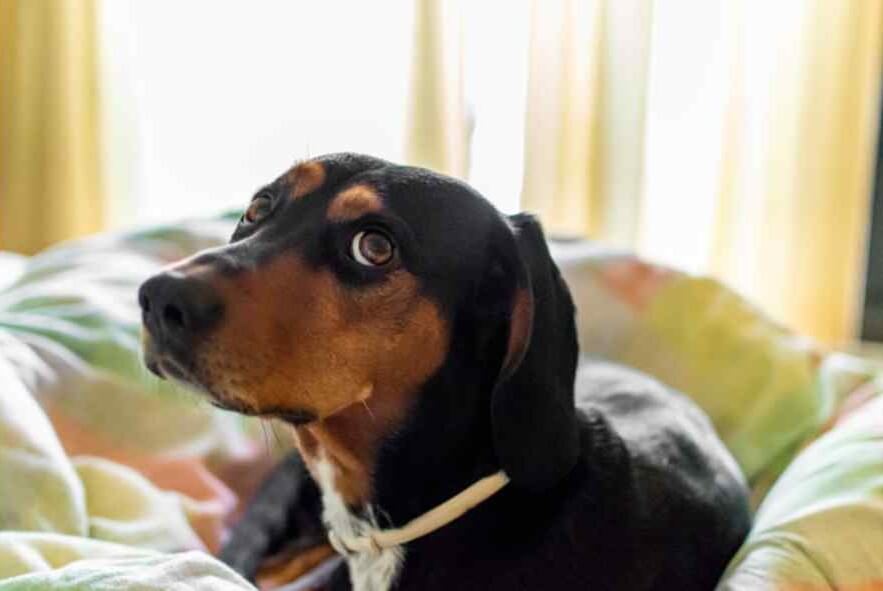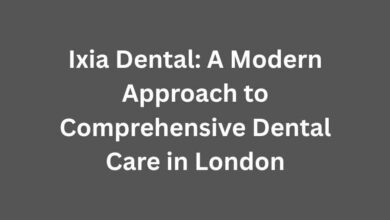Dog Cataract Surgery Cost UK 2025: Average Prices, Insurance Cover & What’s Included

If your dog has been diagnosed with cataracts, you’re probably wondering what cataract surgery involves — and how much it will cost. Cataract removal is one of the most effective ways to restore a dog’s vision, but it’s also one of the more complex and expensive veterinary procedures. In this guide, we’ll break down the average dog cataract surgery cost in the UK, what’s typically included, how insurance can help, and what to expect from the process in 2025.
What Are Cataracts and Why Surgery Is Often Needed
A cataract is a cloudy area that develops on the lens of the eye, blocking light and blurring vision. It can affect one or both eyes and, if left untreated, may lead to blindness.
While early cataracts may not always need immediate treatment, surgery is often the only way to restore clear vision once the lens becomes completely opaque. The good news? Cataract surgery in dogs has an excellent success rate — over 90% of dogs regain functional vision after the procedure.
Dog Cataract Surgery Cost in the UK (2025 Averages)
In 2025, the average cost of dog cataract surgery in the UK typically ranges between £2,000 and £3,500 per eye.
The total price can vary based on several factors:
- Single-eye vs. both eyes: Some clinics offer a small discount when treating both eyes at once.
- Location: Costs tend to be higher in major cities like London or Manchester compared to smaller towns.
- Clinic type: Specialist ophthalmology practices may charge more than general vet surgeries, but they provide higher success rates and advanced equipment.
- Pre- and post-operative care: Additional tests and follow-up visits can add several hundred pounds to the total cost.
To give you an idea:
- Initial consultation: £150–£250
- Diagnostic tests (bloodwork, ultrasound, eye pressure test): £300–£600
- Surgery (including anaesthetic and operating fees): £1,800–£3,000
- Post-operative check-ups and medication: £200–£400
Overall, you can expect to pay around £2,500–£4,000 for full treatment, depending on your dog’s size, age, and overall health.
What’s Included in the Cost
The full cataract surgery package usually covers several key stages of care:
- Pre-operative examination – A veterinary ophthalmologist performs vision tests and ultrasound imaging to assess the lens and retina.
- Anaesthesia and monitoring – Carried out by a trained anaesthetist to ensure your dog’s safety throughout the procedure.
- Phacoemulsification surgery – The surgeon uses ultrasonic energy to break up and remove the cloudy lens before replacing it with an artificial intraocular lens (IOL).
- Immediate recovery and hospitalisation – Most dogs go home the same day, but some stay overnight for monitoring.
- Follow-up appointments and medications – Post-surgery eye drops and regular rechecks over the next 4–6 weeks are crucial for healing.
It’s worth asking your vet for a written cost breakdown to understand exactly what’s included and what might be charged separately.
Is Cataract Surgery Covered by Pet Insurance in the UK?
In many cases, yes — pet insurance can cover cataract surgery, but only if the cataract is not a pre-existing condition.
If your dog develops cataracts after your policy begins, most comprehensive plans (such as those from Petplan, ManyPets, or Agria) will cover:
- The surgery itself
- Anaesthesia
- Medications and follow-up visits
- Specialist referral fees
However, if your dog had any signs of cataracts before you took out the policy, insurers may class it as a pre-existing condition and refuse coverage. Always check the policy wording carefully, as coverage limits and excesses vary.
For owners without insurance, some clinics offer 0% finance or payment plans through providers such as Carefree Credit, allowing you to spread the cost over several months.
Why Specialist Ophthalmologists Are Worth the Cost
While it may be tempting to look for a cheaper option, dog cataract surgery should always be carried out by a board-certified veterinary ophthalmologist. These specialists have advanced training and access to high-end equipment like operating microscopes and laser phacoemulsification units.
Choosing a specialist significantly reduces the risk of complications such as infection, inflammation, or glaucoma after surgery. In the long run, this can save you money and stress, as follow-up surgeries or corrective procedures are far less likely to be needed.
How to Prepare for the Cost of Surgery
If you’re planning ahead or budgeting for cataract surgery, here are a few tips:
- Get multiple quotes from reputable veterinary eye clinics. Prices can vary by hundreds of pounds.
- Ask for itemised costs to understand what’s included.
- Check your pet insurance policy early — don’t wait until after diagnosis.
- Consider preventive eye check-ups for breeds prone to cataracts (like Poodles, Cocker Spaniels, and Labrador Retrievers). Early detection can make treatment easier and sometimes less expensive.
The dog cataract surgery cost in the UK can seem high, but the results are often life-changing. For many dogs, surgery means the difference between blindness and a return to a happy, active life.
By understanding the costs involved, checking your insurance cover, and choosing a qualified veterinary ophthalmologist, you can make an informed decision that ensures the best outcome for your dog’s eyesight and wellbeing.
If your vet has diagnosed your dog with cataracts, don’t delay — book a consultation with a specialist veterinary ophthalmologist to discuss your options and get a clear, personalised estimate for your dog’s care.



